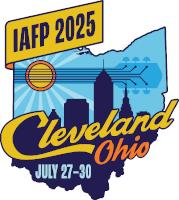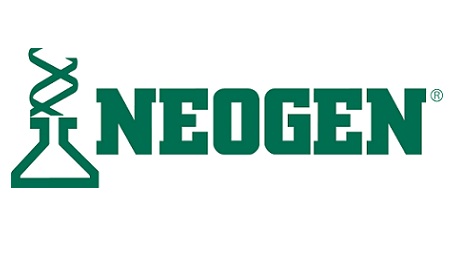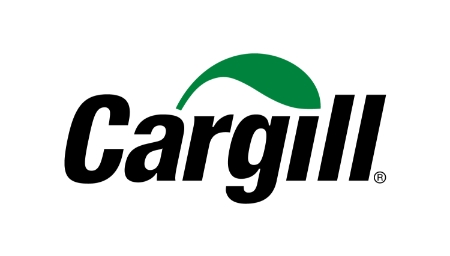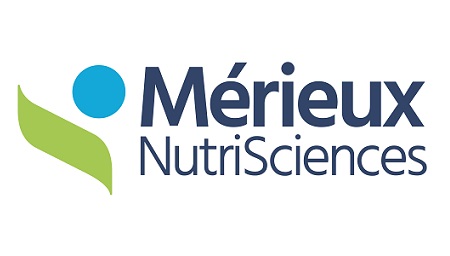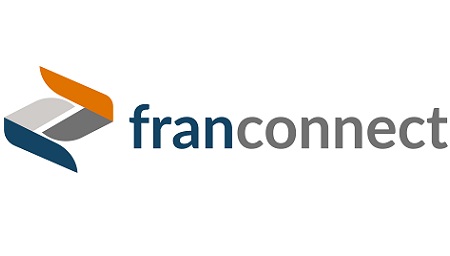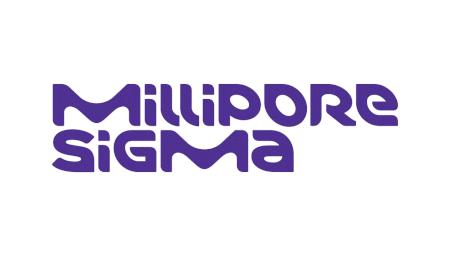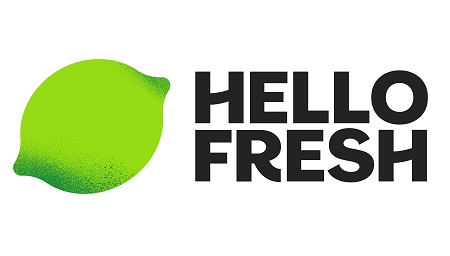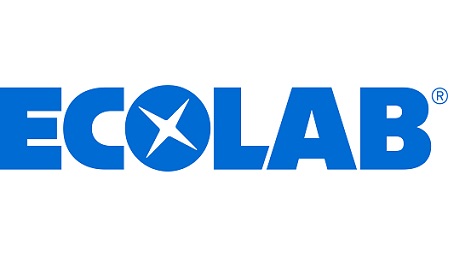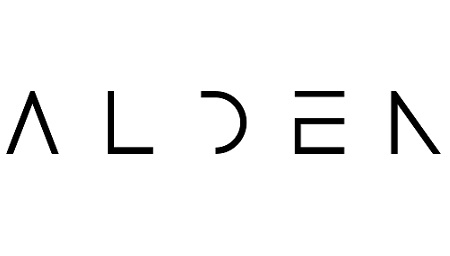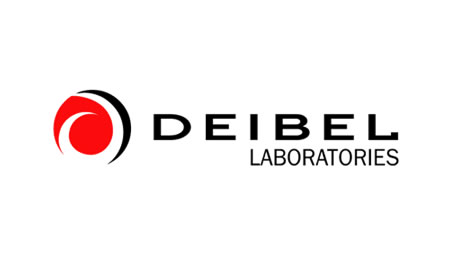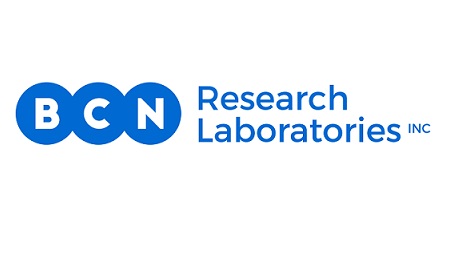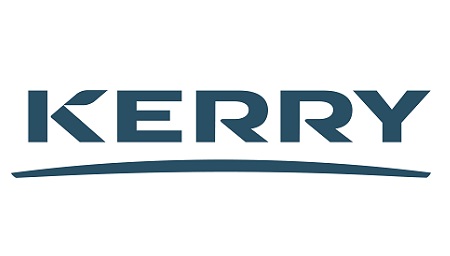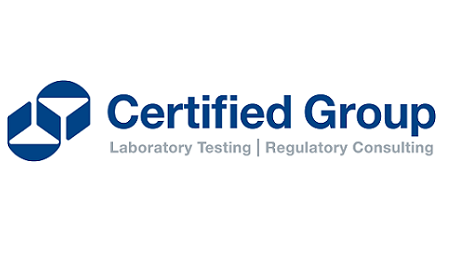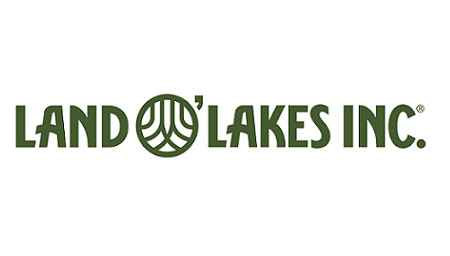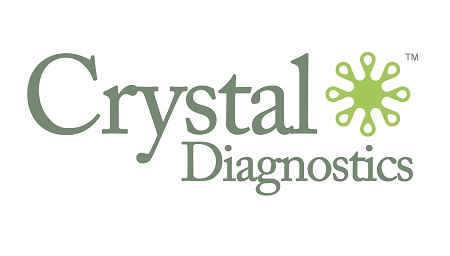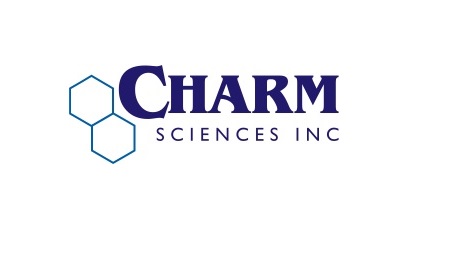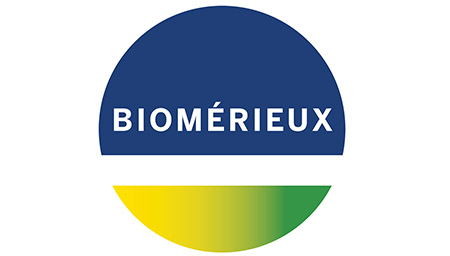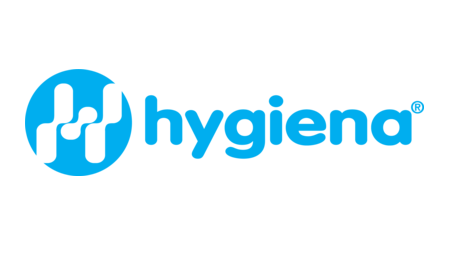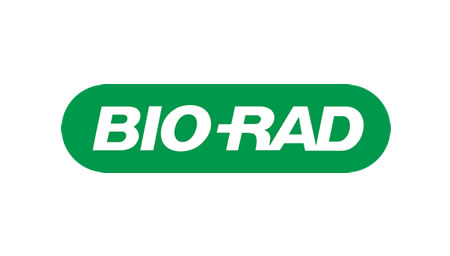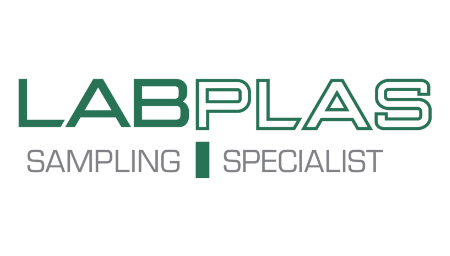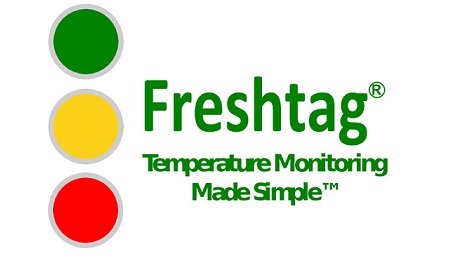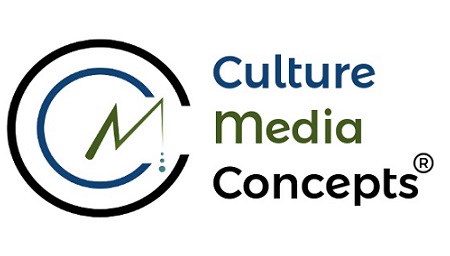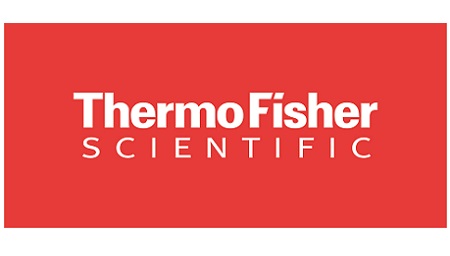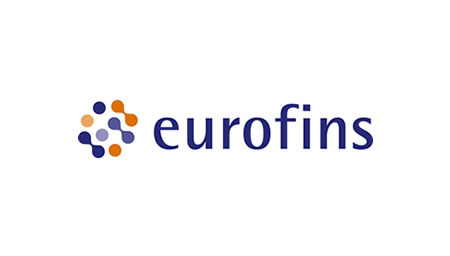Developing Environmental Monitoring Programs for Food Processors
Friday, July 25 and Saturday, July 26, 2025 (8:30 a.m. - 5:00 p.m.)
Workshop Registration Fees
- Members $825.00
- Non-Members $925.00
- Late-fee $75.00
Late Rate Effective July 3, 2025.
Workshop rates are available for IAFP students upon request.
IAFP Workshop Cancellation Policy: Registration fees, less a $100 administration fee and any
applicable bank charges, will be refunded for written cancellations received by June 2, 2025. No
refunds will be made after July 2, however, the registration may be transferred to a colleague
who is NOT currently registered with written notification. Registrations cannot be carried to any future meetings.
Photo Policy: We occasionally use photographs of attendees in our promotional material. By
attending, you agree to such usage.
Other: Any modifications to payment method will incur a $30 processing fee.
Refunds will be processed when received.
Workshop Description
This previously well-subscribed workshop, using established academic and industry experts, will present environmental monitoring considerations for small and midsize food production facilities (protein, produce, spice, condiment, bakery, beverage etc.) with a global perspective. Additionally, for this installment, we have expanded the scope of attendance to include considerations for retail establishments. This workshop will present the tools necessary to address four food safety issues in the processing environment: 1) finding spoilage microorganisms in the environment before they affect product, 2) finding allergens in the environment before they affect product, 3) finding pathogens in the environment before they contaminate product, and 4) assessing effectiveness of cleaning, sanitation, and employee hygiene practices. Specific topics of discussion will include global regulatory perspectives, customer expectations, and characteristics of allergen, microbial, and chemical contaminants for food processors and retail establishments. Additionally, an overview of classical analytical methods and latest genomic testing methods will be presented along with their resulting data interpretation and source tracking implications within an environmental monitoring plan. Finally, sanitation practices as the foundation of environmental contamination remediation will be discussed. A practical breakout session will include information on how to collect samples, tools for collection, and sample handling. The workshop will conclude with another breakout session where attendees will work through a case study. Attendees will receive a workbook and two easy-to-use Environmental Monitoring Program guides, one on pathogens and one on allergens.
Who Should Attend
Small and midsize food processors in underserved sectors and international attendees.
Workshop Instructors
- Jeremy Adler, Hawkins, Roseville, MN, USA
- James Dickson, Iowa State University Food Microbiology Group, Ames, IA, USA
- Lawrence Goodridge, University of Guelph, Guelph, Ontario, Canada
- Douglas Marshall, Eurofins Microbiology Laboratories, Inc., Fort Collins, CO, USA
- Gregory Siragusa, Scout Microbiology LLC, Waukesha, WI, USA
- Purnendu Vasavada, University of Wisconsin-River Falls, River Falls, WI, USA
- Viktoria Wagner, Ecolab, Neuss, Nordrhein-Westfalen, Germany
Workshop Organizers
- Jeremy Alder, Hawkins, Roseville, MN, USA
- Douglas Marshall, Eurofins Microbiology Laboratories, Inc., Fort Collins, CO, USA
